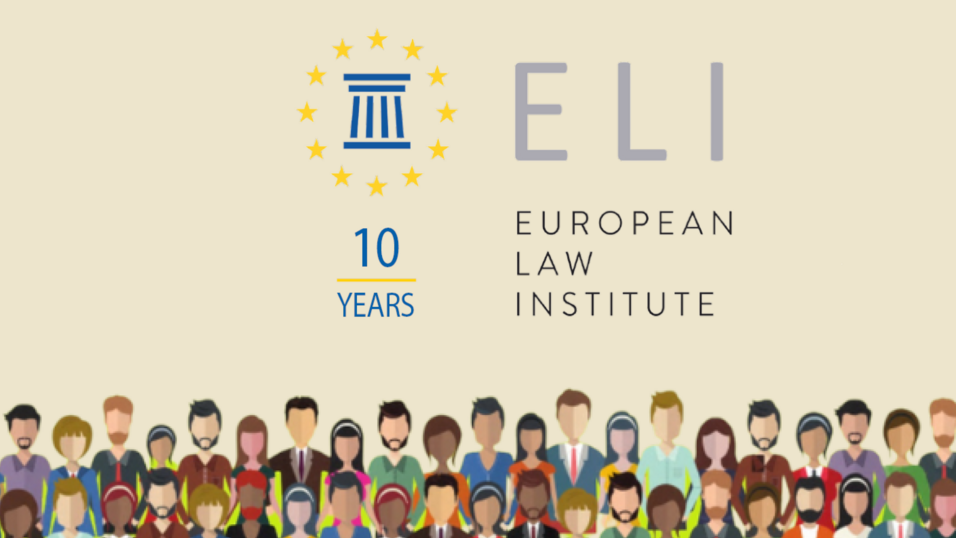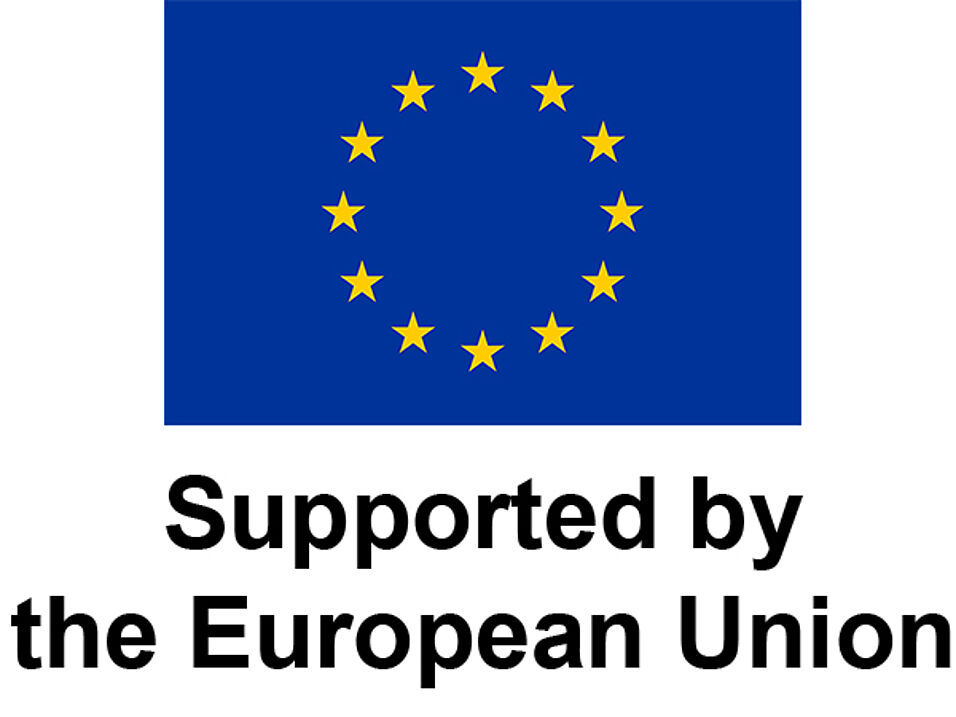Over 60 participants from across Europe joined this first of three ELI webinars on the Conference on the Future of Europe. After introductory remarks by ELI President, Prof Dr Pascal Pichonnaz, and proposers for an ELI Project in the field of Climate Justice – Prof Dr Henrik Andersen and Prof Dr Alberto de Franceschi, the floor was given to the citizens, who provided their views on a variety of topics pertaining to climate justice.
Participants discussed, among others, whether an individual’s access to a safe climate should be a human right and whether animals should have rights to protection against climate change.
They also shared their experiences of how climate change affects their lives and their opinions on who should take the biggest economic burden of reducing CO2 emissions, and why. On the former, most participants had experienced a change in the weather, as well as flooding and/or forest fires. With regard to the latter, most participants thought corporations should shoulder the biggest economic burden (followed by States, and consumers).
A lively discussion followed on the best way to get consumers to change habits that cause harm to the environment, with most respondents suggesting that alternative products (including electricity based on green energy sources) should be subsidised. Participants were also in favour of encouraging a change of culture, eg by making the ‘green way’ of living fashionable, but were not supportive of introducing regulations that would severely punish non-environment-friendly activities.
Questions such as whether corporations should be held liable for climate change even if they comply with a State’s legislation and whether courts should intervene to impose liability on States, if the latter do not make specific and practical solutions to combat climate change, were also discussed.
A report summarising the discussions and conclusions reached was prepared, in consultation with participants, and submitted to the Presidency of the Conference on the Future of Europe. You can find it here.
The recoding of the webinar is available here.
ELI will organise two more webinars within this series, on Artificial Intelligence (AI) and Public Administration – Developing Impact Assessments and Public Participation for Digital Democracy (25 November 2021) and on Business and Human Rights – Access to Justice and Effective Remedies (30 November 2021).


